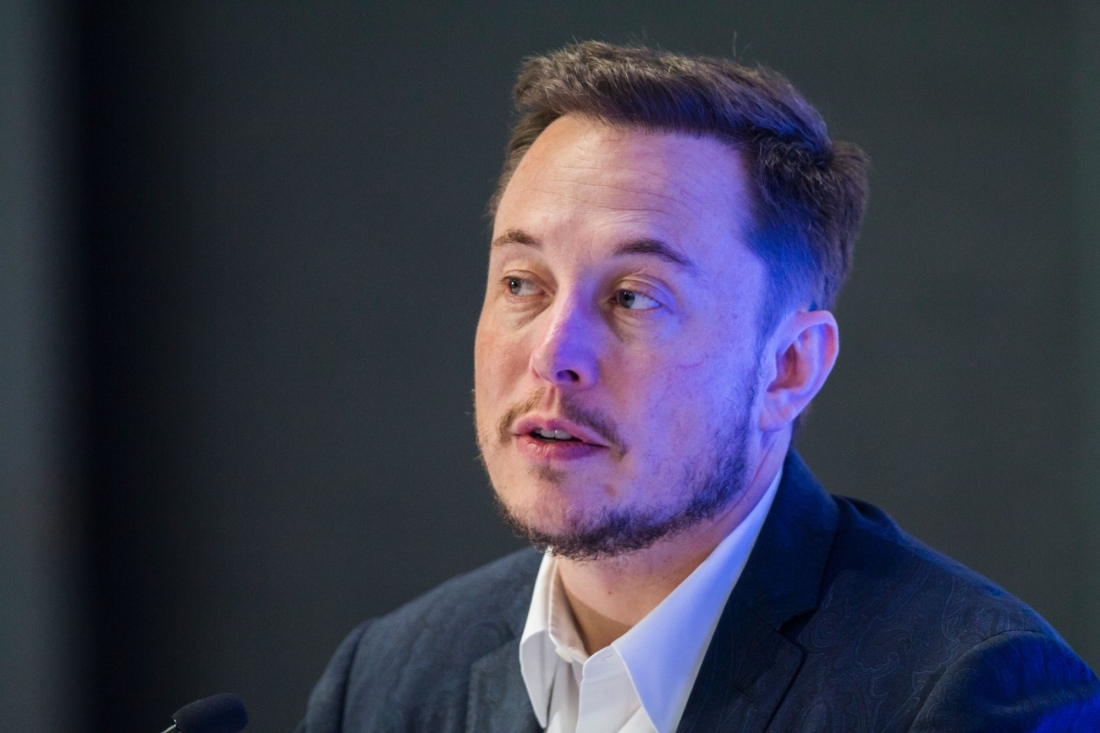Renowned entrepreneur Elon Musk this week confirmed earlier rumors that he will be the CEO of a startup called Neuralink Corp. aimed at merging computers with the human brain. The technology could one day lead to what Musk calls "consensual telepathy."
In a nutshell, Musk through Neuralink wants to create tiny electrodes that are implantable into our brains. These electrodes would be used as high-speed interfaces between our thoughts and computers, bypassing current low-speed communication methods like speech and typing.
If we don't do something drastic to improve the rate at which we can share data, humanity is destined to take a backseat to machines (one could argue that evidence of this is already all around us).

The firm's first goal, however, is a bit more realistic. Musk believes that in as few as four years, Neuralink's technology could be used to help treat severe brain injuries caused by things like strokes and cancer lesions.
Neuralink's business plan, as The Wall Street Journal correctly highlights, is in line with other Musk-backed ventures: create an electric car or a rocket, as was the case with Tesla and SpaceX to prove they work, then use them for more ambitious projects.
Musk said he believes Neuralink is around eight to 10 years away from being able to use the technology to benefit those without a disability.
The full 36,000-word blog post can be found over on Wait But Why for those interested in digging deeper.
